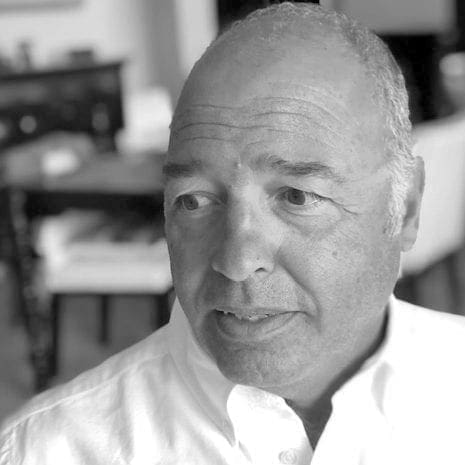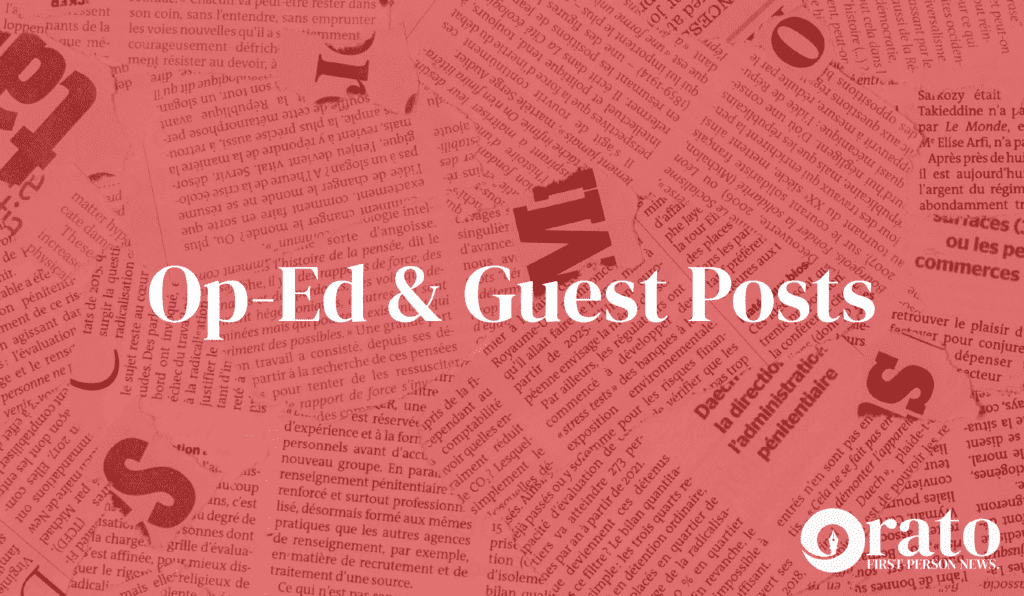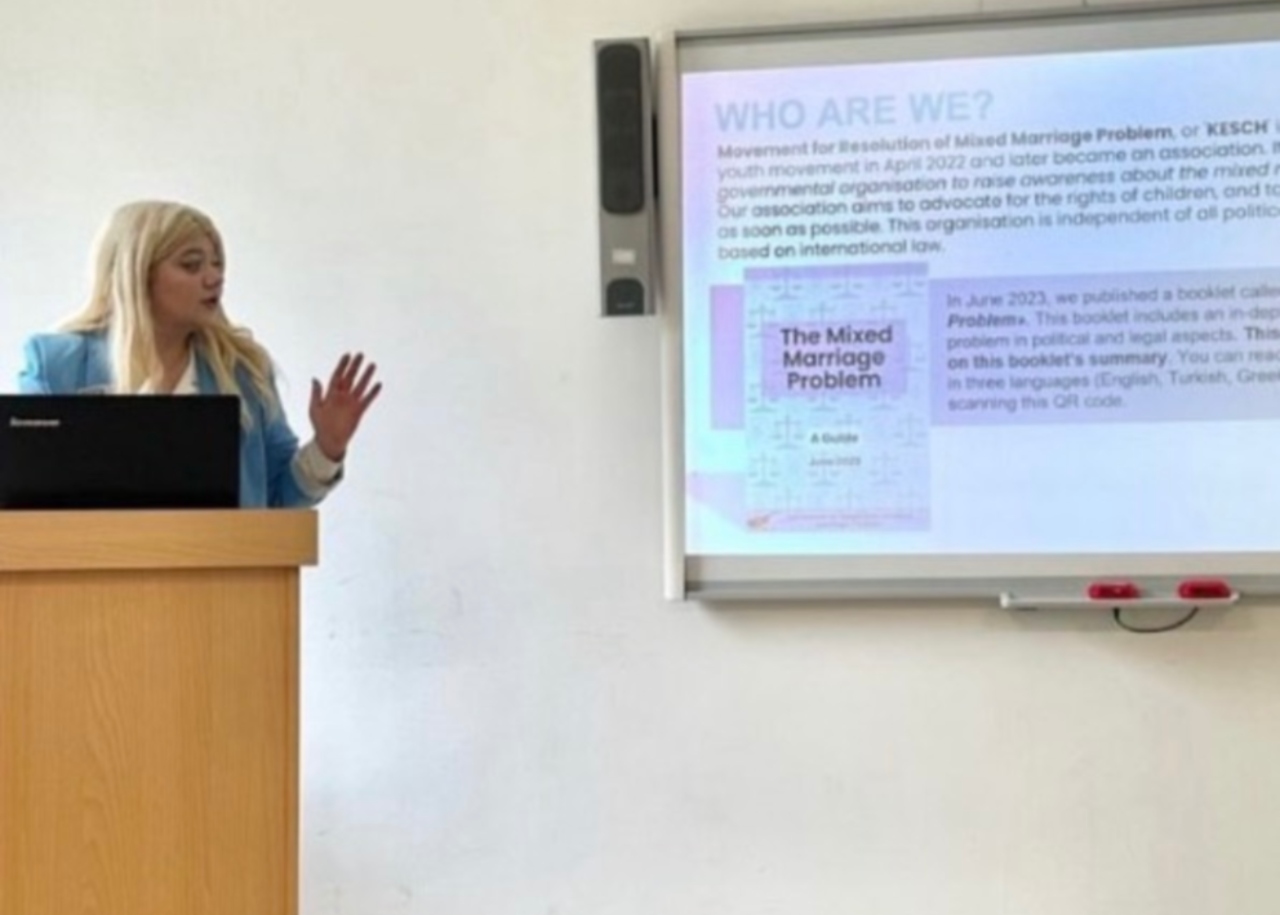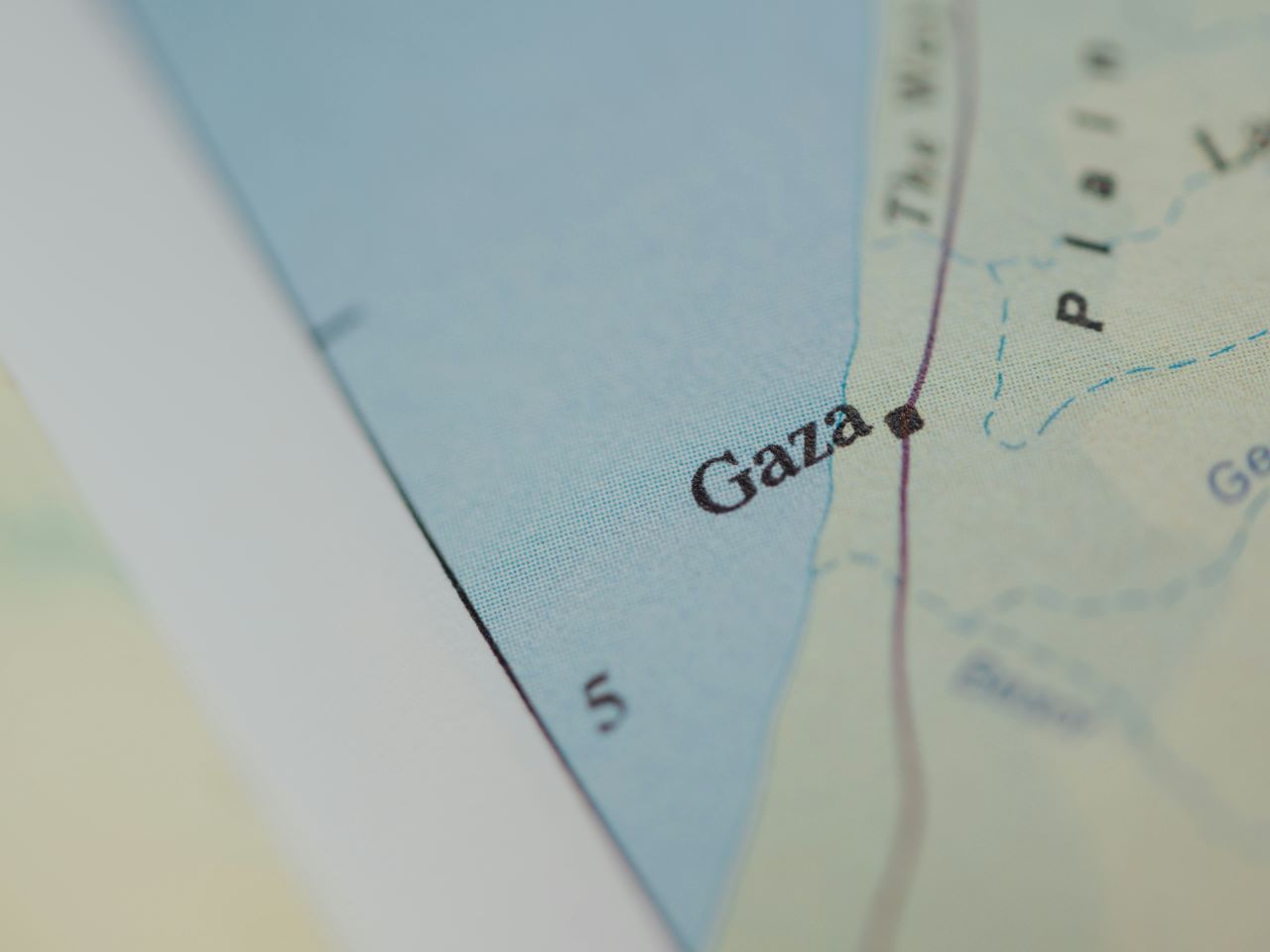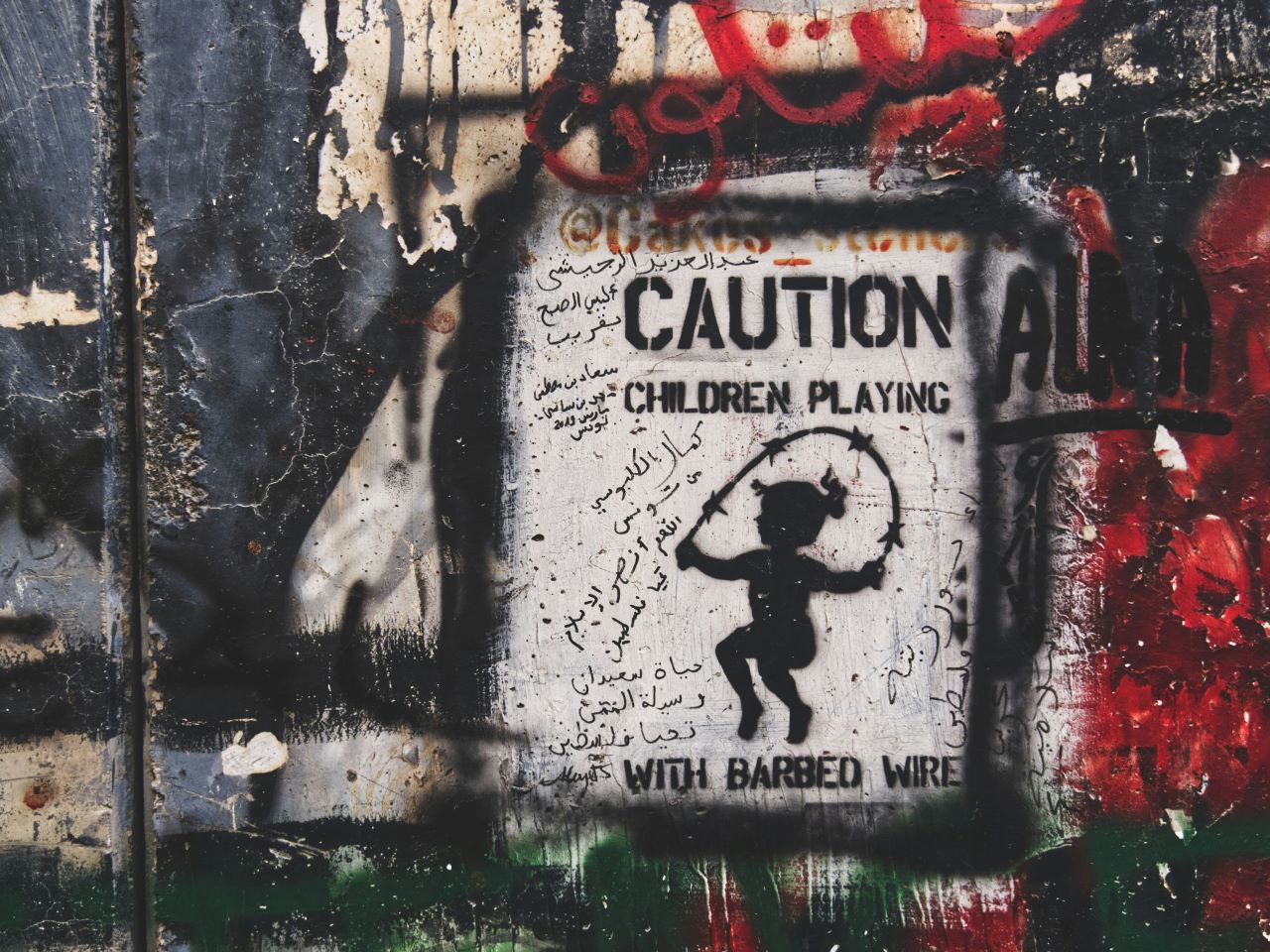Leaders shredded my democracy: Vancouver Becomes High-Tech Hub for Organized Crime
Criminals quickly detected the regulatory blinders of elected officials in Canada. Now able to mix their dirty money with the crisp new bills generated by legal casinos, criminals engaged the support of professionals to purchase properties anonymously. Soon thereafter, Vancouver real estate became a lock box for cleansing drug money.
- 1 year ago
June 14, 2023
VANCOUVER, British Columbia ꟷ I first set eyes on Vancouver, British Columbia in 1963. I was a young man who just left Brazil with his family. After our departure, Brazil descended into military rule for two decades.
As a Canadian immigrant, Vancouver’s natural beauty amazed me, from the towering mountains to the sparkling waters. I strolled the Seawall and took ferry rides to pristine, nearby islands. The inside passage of the Pacific Ocean was always there. It reminded me just how lucky I was to live in such a beautiful place.
Legal casino operations became a perfect compliment to cover up ill-gotten gains
In the late 1980s, the political landscape began to change. Elected officials legalized gambling and began issuing casino licenses. As predicted, the Province quickly became dependent on this revenue source like an addict who requires drugs. Surely, they asserted, the good they could do with the revenues would improve the lives of their constituents. Like sharks detecting blood in the water, criminal gangs swarmed the scene. They realized how easy and lucrative it was to launder illicit money in the Province. To begin with, they used these licensed casinos. [Money laundering is a process which conceals illegally obtained money by transferring it through legitimate businesses.]
Into the 1990s, the rise of globalization made it easier than ever for criminal organizations to move money across borders. The advent of the internet eased the transfer of money electronically with simply the stroke of a keyboard. Despite new regulations to prevent these acts, criminals quickly detected the regulatory blinders of elected officials in Canada. Now able to mix their dirty money with the crisp new bills generated by legal casinos, criminals engaged the support of professionals to purchase properties anonymously. Soon thereafter, Vancouver real estate became a lock box for cleansing drug money. High property prices and lack of transparency fueled the fire. The inflow of dirty money falsely inflated property prices, making it difficult for residents to afford housing. In one of the most “livable cities in the world,” we saw a surge in violence and murders.
Up and down the social ladder, people looked the other way.
By 2015, big banks, alternative lenders, and loan shark mortgages mixed with organized crime. A real estate bubble ensued turning Vancouver into a sub-crime lending capitol. The surge in real estate prices did not accurately reflect market demand. Elected officials cancelled media events repeatedly. When law enforcement scheduled a press conference to inform citizens about what was happening, the provincial government halted it. Transparency and communication – a cornerstone of democracy – became unhinged.
In 2019, the former RCMP deputy commissioner revealed that billions of dollars in laundered money made its way through B.C. casinos. The profits were used to further fuel organized crime. Battles for territory ensued. Vancouver evolved into a drug capitol with corporate gang leadership controlling the narcotics trade globally. Huge shipments of cocaine and heroin arrived from abroad.
Law enforcement remained limited by willful blindness, lack of resources, and the sophistication of organized crime. The money laundering grew as betting limits for games like Baccarat went from $25 per hand to $200,000 in 2010. By the early 2000s, the amount of money laundering in Canada proved staggering, reaching $17 billion annually. Fast forward to 2021 and that number reached $133 billion!
Undoubtedly, additional influences exacerbated the problem, such as the rise in cryptocurrency. A precedent-setting case also flamed the fire. A prominent Canadian lawyer successfully argued in Supreme Court that requiring lawyers to report suspicious transactions would be a violation of solicitor-client privilege. Elected officials did little to address the problem. Vancouver became a global hub for buying, selling, and shipping cocaine, heroin, methamphetamines, and fentanyl.
Our government has blood on its hands
The city’s reputation devolved, impacting its image, its residents, and shredding the fabric of democracy. As tens of thousands of people annually lose their lives to addiction, our elected officials bear responsibility. They too have blood on their hands for failing us.
Today, I live less than a 15-minute drive from the most affluent neighborhoods in the country in Vancouver’s Downtown East Side. Now, whole areas feel like a Zombie-like landscape, fueled by narcotics, corruption, prostitution, and underground criminal activity. The landscape of vulnerable, addicted individuals dominates an area some five to six times larger than it originally occupied. Meanwhile, legitimate businesses struggle to survive. The crowded sidewalks teem with addicts flinching and scratching at needle sores. This scene reveals the complexity of social structures, poverty, mental health, and addiction. The number of overdose deaths here has surpassed all other provinces.
For the first time in modern history, the province’s life expectancy dropped due to fentanyl overdoses. The fentanyl crisis proves one of the most pressing public health issues facing North America today. The U.S. State Department pointed to Vancouver as a high-tech hub for state-sponsored crime. They called it a gateway for drug trafficking, money laundering, and human trafficking.
The erosion of Canada’s sovereignty on the west coast is concerning. State-sanctioned criminal activity is a serious threat to the safety and security of Canadians. Evidence proves that foreign states want to weaken the social order of developed countries by flooding it with narcotics. It’s not only profitable for them, but it creates a deadly incursion in Western societies. The proliferation of narcotics, organized crime, money laundering, and the acquisition of properties is weakening Western democracies and we better take notice before it’s too late.
Resources:
Owner of Vancouver encryption company trafficked drugs, aided cartel, U.S. says | Vancouver Sun
US sanctions Chinese and Mexican firms over fentanyl making equipment | CNN Business
Why one expert says America’s fentanyl crisis has geopolitical roots : NPR
Facts about Fentanyl (dea.gov)
